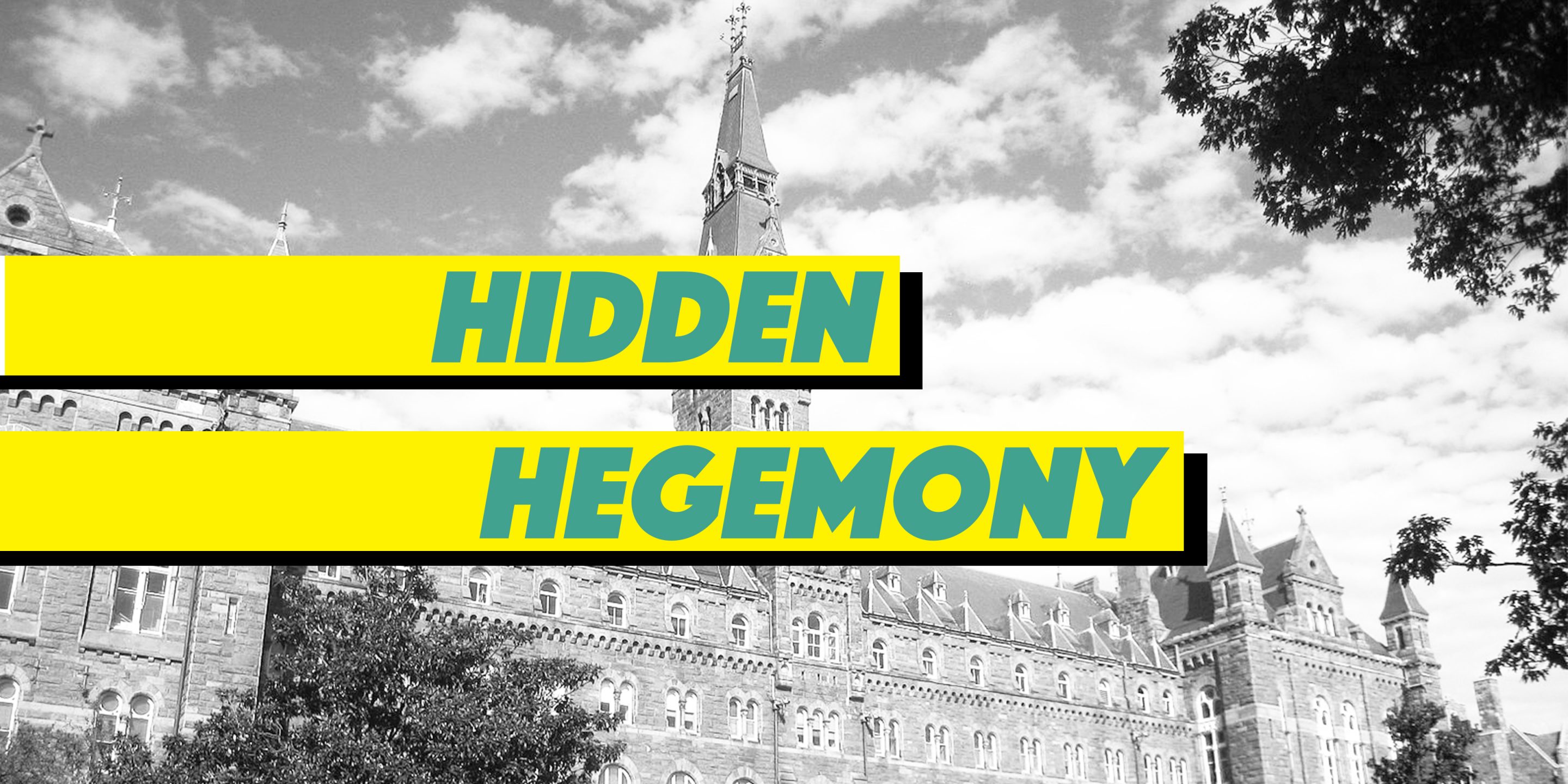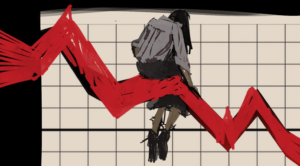In an August campaign rally in Ohio, after months of describing his perceptions of despair and dissolution in America’s “inner cities,” candidate Donald Trump urged black and Latino voters to offer him their support. He asked, “What do you have to lose?”
Then came the confirmation of Dr. Ben Carson—a man with no ostensive experience in public office, let alone housing policy or urban development—as the secretary of the Department of Housing and Urban Development (HUD). And now comes the administration’s budget proposal elucidating the priorities, stripped of hyperbole and showmanship, of Trump and his circle.
As has been noted by others, the budget is fiscal deprivation embodied. The State Department and Environmental Protection Agency would be slashed; National Parks services and fiscal support for otherwise unstable local airports would be gutted; entitlement programs like Meals on Wheels would be ravaged. But of the most impactful and perhaps least reported cuts in the preliminary budget are to HUD, whose funding will decrease by $6.2 million, roughly 13.2%.
The impact of these cuts will reverberate across the country and likely exacerbate widespread deterioration of public housing options nationally, but particularly here in D.C. According to the Washington Post and Washington City Paper, despite its estimated need of a billion dollars to keep and adequately restore its existing housing units, the DC Housing Authority (DCHA) will receive only $4.5 million federally, down from $14.4 million under the most recent federal budget.
These federally allocated funds help DCHA, and other local housing authorities across the country, renovate its housing units (leaky roofs, for example), pay off decades-old debt from repairs and upkeep, and fund housing vouchers. With the decrease in HUD fund, concern mounts that DCHA will be left less able to provide repairs, that it will have to cut other areas of the budget (like vouchers) to keep paying off old debt, and that access to affordable housing via housing vouchers will decrease dramatically. Even Section 811 funding, which last year provided 143 units of affordable housing for people with disabilities, will be slashed to cover only 116 units.
In D.C., a city whose population is and has been on the rise and that has experienced rapid gentrification, poor communities and those of color are increasingly left vulnerable to displacement and housing insecurity. The effects of such insecurity are vast and indelible: access to education, healthy food, health care, employment, and familial and community support are hampered by frequent housing displacement. As a result of the budget, the city’s affordable housing units will likely deteriorate even as more and more residents flood the city, exacerbating an already imperfect system.
For Trump and his administration to claim that they have any intention of improving—or even maintaining—life and opportunity in urban America is, much like most anything else he and his administration says, utterly unfounded in any material reality. Moreover, the budget reeks of an insidious political ploy to brandish strength in the form of military spending at the direct expense of housing and other programs that benefit the poor and vulnerable in this country. Paired with Trump’s history of racial housing discrimination, this budget speaks to this administration’s apathy towards or, worse yet, support of continued segregation of the poor and unequal access to living spaces.
Perhaps most disturbingly, though, is our collective response, or lack thereof, to these cuts, which have drawn little attention in mainstream media, political rhetoric from the left, or even local activism in the Georgetown community. This is a budget chock-full of noteworthy cuts and questionable fiscal decision-making. Funding for public housing has not risen to the top of those cuts–at least in how they are talked about and argued over. This alludes to a difficult-to-accept reality of American political life: access to housing is not and never was considered a human right. And until that is the case, the networks of support for those struggling to find their footing will continue to deteriorate.
So, as it turns out, for people living in urban communities and cities, in poverty, or who are otherwise oppressed and disadvantaged, there really is a whole lot to lose. So, at the very least, we can thank the president and his administration for helping us understand that.
Isaiah is a sophomore in the SFS.






